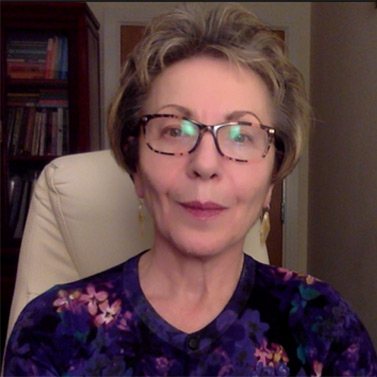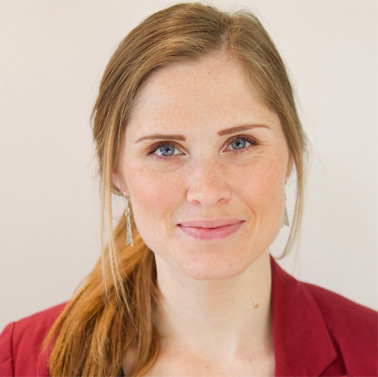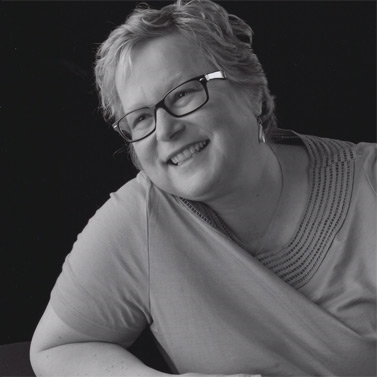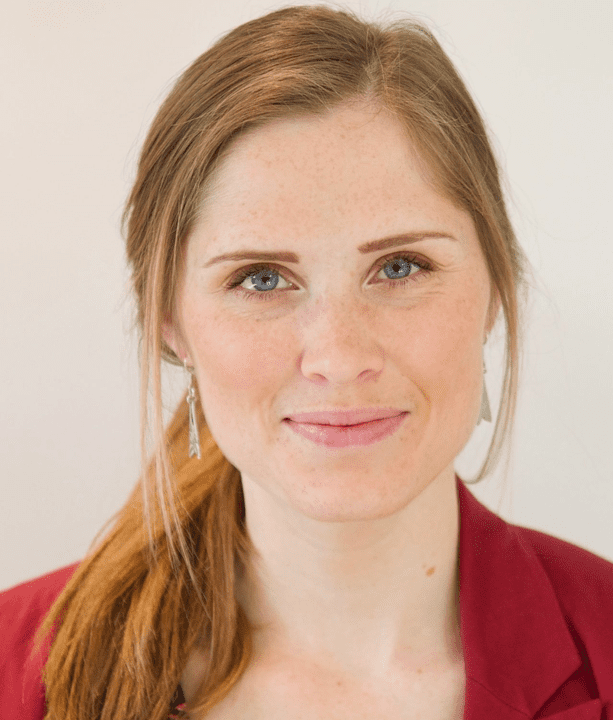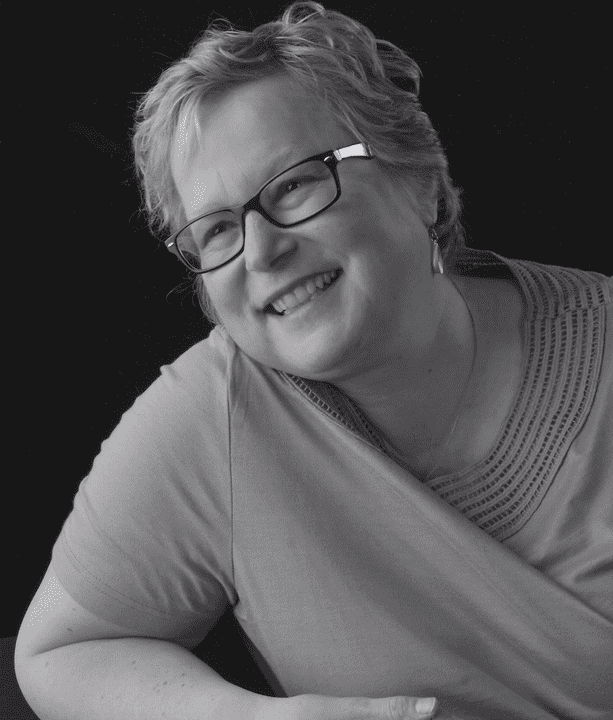Presentation (30th June-2nd July) :
Emotionally Focused Therapy (EFT) in Action, Road Map to Emotional Healing: An outline of the theory and practice of Emotionally Focused Therapy with Couples, Families and Individuals.
In this excellent introduction to the theory and practice of EFT by Gulya Diyarova and Laura Vowels (on the 2nd July), participants will get a clear sense of what the EFT model is and its well researched effectiveness as a therapeutic approach. Gulya will walk participants through the model’s stages and steps, showing how to focus on the attachment significance of a couple’s struggle and distress, to stay gently and steadily with partners’ vulnerable emotions and fears, and lead them into connectedness and a secure bond with each other.
Participants will engage in experiential exercises, skills and interventions practice, and discussion of clinical examples and video demonstrations of couple sessions.
- – Do your clients question if their partners are there for them?
- – Do they wonder about their partner’s accessibility?
- – Do they question the responsiveness of their partner when they need them?
This attachment-based, experiential, humanistic and systemic model offers a comprehensive theory of adult love, as well as a structured therapeutic “road map” to conflict reduction and the healing of damaged attachment bonds with the aim of creating safe emotional connection between partners.
The model recognises that relationship distress results from an actual, or perceived threat to the basic adult need for safety, security and closeness in intimate relationships. Couples in conflict tend to lose themselves in reactive emotions or withdraw into non-responsiveness and shutting down. Both behaviours become part of a negative cycle that leaves the partners hurt, alone and disconnected.
Using the power of emotion as a target and agent of change, EFT focuses on helping partners re-structure the emotional responses that maintain habitual negative interactional patterns. Once vulnerable emotions are owned and shared by each partner, trust and meaningful connection can be re-established in a safe way through the corrective emotional experience that occurs during the session.
A substantial body of research outlining the effectiveness of EFT now exists, with research studies finding that 70-75% of couples move from distress to recovery, and around 90% show significant improvement.
This Introductory training will include an exploration of:
- – The key concepts of Emotionally Focused Therapy
- – The language of emotions – core primary emotions and attachment needs
- – Understanding of Internal Working Models, Attachment Styles
- – Most common Negative Cycles of relationship distress
- – Stages and steps of the EFT model including the key change events in the process of therapy
- – EFT interventions on the basis of clinical material including video clips of live therapy sessions
- – How to work with the couple’s vulnerable emotions by tracking their underlying interactional pattern and helping them to flexibly manage their emotional experience
Participants will engage in experiential exercises, skills and interventions practice, and discussion of clinical examples and video demonstrations of couple sessions.
Masterclass (2nd July afternoon): Getting Curious – What just happened there? In Session experience with real couple.
Join Sandra Taylor for a vibrant and informative discussion as she shows some video clips of real couple sessions and dives into Whys and Hows of her work, pausing and inviting questions and reflections about what was done and why.
Sandra’s presentation is focused on working with LGBTQ+ people.
“Physician, Heal and Take care… of thyself first!”
Self-Of-the Therapist. Radical, and easy, everyday tools for staying healthy and younger for longer.”
FREE of CHARGE – All Welcome!
What will we be doing?
As a trained medical doctor/neurologist and EFT therapist, I don’t need to elaborate much on how notoriously bad as therapists-healers we are at looking after ourselves, our emotional and physical wellbeing, energy, and verve, even if we consistently ‘preach’ to our patients to do so, sincerely, and with enthusiasm.
I am proposing a topic of a therapists’ self-care from an integrated perspective based on:
- – the knowledge of neuro-somatic principles,
- – fundamentals of kinesiology (study of human body movement),
- – of autonomic nervous system (ANS) and polyvagal theory,
And bringing in:
- – the understanding of a myofascial/joints body structure and myofascial release,
- – awareness and understanding of the body’s lymphatic drainage system,
- – understanding of how all systems need to be coordinated and balanced to develop and maintain a healthier, mobile, and active self;
- how to make it all part of your flexible, easy every-day routine, without taking up much time and sweat (and help to look younger, as a nice ‘side effect’ there!).
This is going to be a highly experiential presentation on the basis of ‘Tell-Show-Do’ approach where it is not just about ‘repeat after me’ exercises, but activities that carry a holistic intention and purpose. You are going to be stretched, both mentally and literally in your body (if you want to, of course) – or just pick up some useful and workable moves that you can practice sitting in your chair between the sessions, or even in your bed.
Confidentiality
- Every care will be taken to preserve the confidentiality of discussions and clients.
- – Attending therapists are expected to belong to recognised professional organisations (eg,BACP, UKCP, COSRT, etc) and are bound by their Code of Ethics.
- – Therapists will be given notice to leave the room and not participate in a session if they think they may know the clients in videos.
- – Participating therapists recognise and accept that no clients’ material can be shown outside these sessions and NO COPIES can be made, audio or video.
